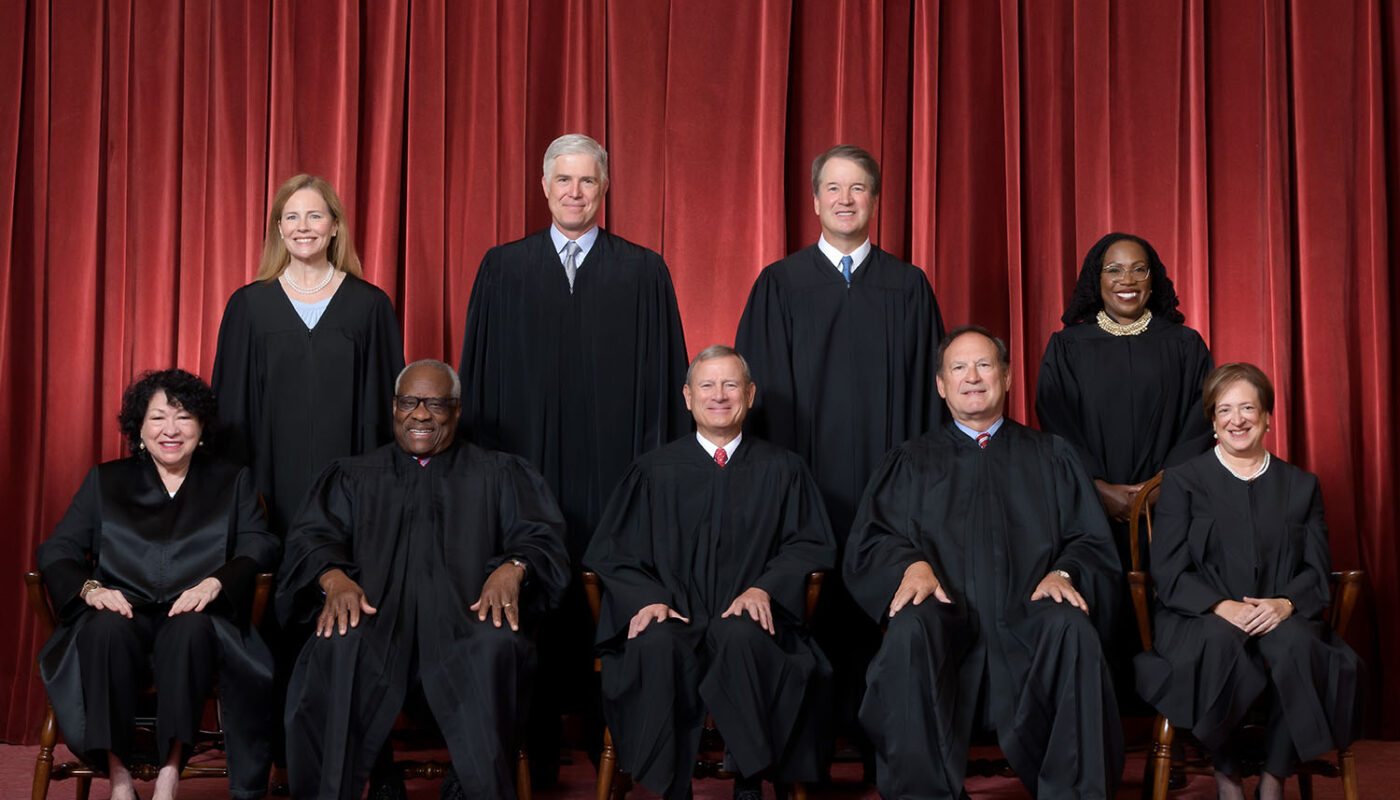Following the Supreme Court decisions in both the New York State Rifle and Pistol Association v Bruen and the United States v Rahimi, the status and future of the second amendment appears uncertain.
Just one day prior to the landmark Dobbs decision, SCOTUS released the opinion in the aforementioned Bruen case. Due to the relevance, and publicity surrounding Dobbs, Bruen flew under the radar. However, its importance cannot be minimized or dismissed.
All six of the Conservative justices ruled in favor of overturning the New York State law requiring all applicants for a pistol concealed carry license to show “special need” in their application. It is part of the Sullivan Law which had been in effect since 1911.
Justice Clarence Thomas wrote the majority opinion in the case, in which he differentiated “shall issue” and “may issue” systems of evaluating concealed carry applicants. Justice Thomas found that “shall issue” systems which rely upon services like background checks to determine a person’s fitness for a concealed carry license were constitutional. Oppositely, he found problems with “may issue” systems that relied upon a board of local authorities were unconstitutional.
The decision faced substantial backlash from lower courts who found the decision to be hard to work with. In his majority opinion Thomas writes that “the government must demonstrate that the regulation is consistent with the Nation’s historical tradition.” However, he does not explicitly or implicitly state exactly how that evaluation can and should be applied by lower courts.
Historical legislation often changed, contradicted or varied greatly from state to state. This variance caused few courts to arrive at the same conclusion. Following the opinion’s release, a debacle over the proper way to evaluate the Bruen decision ensued.
Justice Thomas’ opinion additionally struggled to clarify a way to apply centuries old traditions to questions of the 21st century and its advanced technology. Beyond the logistics of evaluating historical legislation, the relevance of political and legal thought which was not privy to the 21st century developments was called into question.
Almost a year later, the court ruled again in the Rahimi case. Zackey Rahimi, a resident of the state of Texas, was under a restraining order from his ex-girlfriend when he was issued a search warrant for his property in regards to an unrelated crime.
When authorities searched his home, he was found to be in possession of a couple of firearms which violated a law prohibiting those subject to a restraining order for harassing, stalking or assaulting a partner. He was charged and convicted, but later appealed the decision.
The Supreme Court agreed to hear the case in July of 2023 and oral arguments will begin on Nov. 7, 2023. The decision is likely to be released in June or July of 2024.
The decision will ultimately rule on the constitutionality of barring those convicted of domestic violence from owning firearms. The case further demonstrates the consequence of a Conservative supermajority, and will underscore an “originalist” perspective of the Constitution.
Those in favor of overturning the federal law find that it directly violates the Second Amendment right of a person to own a firearm as it was written in 1787. Those opposed to overturning the law have cited concerns including the safety of women and the soundness of evaluating laws based upon legal theory that is now approaching 250 years old.
The university’s law school previously held the John E. Sullivan Lecture at the State Capitol’s Atrium in early October. In attendance was moderator and Southern District Court Judge for the State of Ohio, Sarah Morrison.
The judge expressed her concerns on the difficulties of applying the Bruen decision. She shared her hopes that the Rahimi decision, despite its opinion, would provide greater clarity on the system for evaluation of laws regarding the second amendment.
Judge Morrison is an alumni of the university’s law school and has represented the Southern District of Ohio since the summer of 2019.


